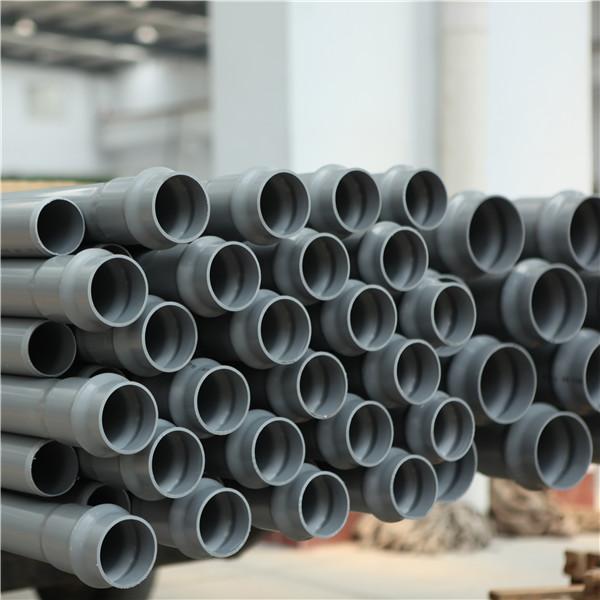नवम्बर . 18, 2024 09:07 Back to list
polypropylene board
The Versatile World of Polypropylene Board
Polypropylene board, often referred to as PP board, has become an increasingly popular material in various industries due to its unique properties and versatility. This lightweight, durable, and recyclable plastic sheet is manufactured from polypropylene, a thermoplastic polymer known for its resilience and adaptability. In this article, we will explore the characteristics, applications, and benefits of polypropylene board, showcasing why it has gained traction in both commercial and consumer markets.
Characteristics of Polypropylene Board
One of the standout features of polypropylene board is its excellent impact resistance. It can withstand significant stress without breaking, making it ideal for applications that require durability. Additionally, PP board has a high chemical resistance, allowing it to withstand exposure to various solvents, oils, and acids without degrading. This property is particularly beneficial in environments where harsh chemicals are present.
Lightweight yet strong, polypropylene board is easy to handle and transport. Its low density allows for ease of processing, which is a considerable advantage in production settings. Furthermore, the material is water-resistant, which helps prevent mold and mildew growth, making it suitable for outdoor use as well as in humid environments.
Another defining characteristic of polypropylene board is its ability to be molded and shaped without compromising its strength. This versatility means it can be manufactured in various sizes and thicknesses to meet specific project requirements. Its smooth surface can also be easily printed on, making it a popular choice for signage and promotional displays.
Applications of Polypropylene Board
The applications of polypropylene board are vast and varied
. In construction, it is frequently used as a lightweight alternative to traditional plywood and MDF (medium-density fiberboard), particularly in applications like wall panels, partitions, and ceiling tiles. Its resistance to moisture makes it especially suitable for areas prone to dampness.In the packaging industry, polypropylene board is used to create durable and lightweight containers, boxes, and dividers. Its ability to resist chemicals and moisture makes it an excellent choice for food packaging, while its recyclability aligns with sustainable packaging initiatives.
polypropylene board

The advertising and marketing sectors also leverage polypropylene board for a range of applications including banners, signs, and displays. The board can be easily cut, shaped, and printed, allowing businesses to create eye-catching promotional materials that hold up well under various environmental conditions.
Education is another field where polypropylene board has found a niche. Teachers and students use it for projects, displays, and presentations, benefiting from its light weight and durability. Its rigidity ensures that presentations can be both professional and visually appealing.
Benefits of Using Polypropylene Board
One of the primary advantages of using polypropylene board is its eco-friendliness. As a fully recyclable material, it offers an alternative to wood-based products, thereby supporting efforts to preserve forests and reduce deforestation. Many manufacturers are also focusing on post-consumer recycled content in their PP boards, further enhancing their sustainability credentials.
Cost-effectiveness is another significant benefit. Polypropylene board is generally less expensive than many traditional materials while providing equal or superior performance characteristics. Its durability also means lower replacement costs, as it can withstand the rigors of use over a longer period.
The ease of fabrication is a notable upside as well. Polypropylene boards can be easily cut, welded, or glued, allowing for customization without specialized tools or equipment. This property makes it an attractive option for both manufacturers and end-users.
Conclusion
In conclusion, polypropylene board stands out as a versatile and beneficial material for numerous applications across various industries. Its unique combination of durability, chemical resistance, lightweight nature, and eco-friendliness makes it an ideal choice for countless uses, from construction to packaging and advertising. As industries continue to seek sustainable and cost-effective materials, the demand for polypropylene board will likely remain strong, solidifying its role as a staple in modern manufacturing and design. The future of polypropylene board looks bright as innovation and sustainability drive new opportunities for this remarkable material.
-
PP U-channel: Chemical-Resistant, Lightweight & Durable
NewsAug.10,2025
-
Transparent PVC Pipe: Clear Flexible Tubing for Fluids
NewsAug.09,2025
-
Durable PP Rigid Sheet: Versatile & High-Quality Plastic Panels
NewsAug.08,2025
-
Premium Glossy PP Rigid Sheet – Durable & Versatile
NewsAug.07,2025
-
High-Quality HDPE Sheet | Durable Plastic Panels
NewsAug.06,2025
-
High-Precision PVC Rigid Sheets for Vacuum Forming | AI-Optimized
NewsAug.05,2025

